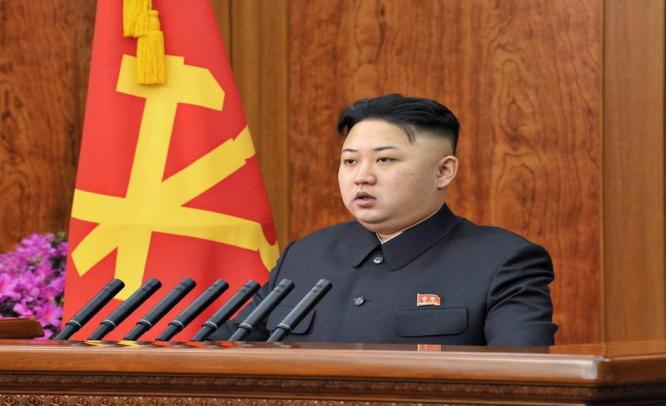The ‘Won’ has shed more than 99 % of its real value against the dollar in the black market.
4th June,2013
Chinese currency and U.S. dollars are being used more widely in North Korea, than its own currency the “Chosun Won”, showing the extent to which the leadership under Kim Jung Un has lost control over the economy. The use of dollars and Chinese Yuan or renmibi, has accelerated since a disastrous revaluation of the North Korean ‘won’ in 2009 which wiped out the savings of millions of people. In the black market the ‘won’ has lost more than 99% of its value against the dollar since the revaluation, according to exchange rates made available by Daily NK, a Seoul based news and information website about Korea. North Korea is one of the most closed countries in the world, so it is difficult to determine the impact of this scenario to the government. Closed countries are those states or territories where there is no proper governance in the country or the country is not recognized by the international community. However, experts opine that the growing use of foreign currency is making increasingly difficult for the state to implement an economic policy, a result of which Pyongyang, is now surrendering itself to the foreign currency, rather than stamp out foreign currency use.
An analyst at the Samsung Economic Research Institute in Seoul put the extent of foreign currency in circulation at $ 2 billion as on April, out of an economy worth $ 21.5 billion, as per some estimates. Pyongyang, does not publish any economic data. Another expert from the Peterson Institute of International Economics, Marcus Noland, said “The use of dollars and yuan is so pervasive now that there is little Pyongyang can do about it”. Noland, who studies the North Korean economy closely also said “The government should take pro active measures to force people to provide goods and services to the state and get paid in won”.
Economists who study North Korea describe an emergent underground capitalism in which common people are able to bring euros, dollars and Chinese Yuan into the country and stockpile the currency or spend it at black markets. People hide foreign money under the floor boards in the house or bury it in the hills.
‘Won’s Defeat’
Faith in the North Korean currency crumbled soon after Kim Jong II ordered the revaluation of currency in November 2009. The government chopped two zeros of bank notes and limited the amount of old money that could be exchanged for the new cash. The move was apparently to crackdown on private market activity at the time, spurred a rush to hold hard currency. Inflation hit hard on one of the world’s most authoritarian states after the North Koreans realized that won was not a safe store of value. The official from the finance department, who oversaw the revaluation of the currency, is believed to be executed by the government.
Pyongyang, has been appealing to the people to try stop the use of foreign currency but has completely failed in controlling the flow of foreign currency to its economy. North Korea has also made circulating foreign currency a crime punishable by death in 2012, the Paris based International Federation for Human Rights, said in April.
Black market rates show how far the won has fallen since the revaluation. It has plunged from 30 to 1 U.S. dollar to about 8,500, according to exchange rates tracked by Daily NK. The current official exchange rate is about 130 won per dollar. U.S. officials have also accused North Korea of making high quality counterfeit $ 100 dollar notes. The money is believed to been used to raise real cash for the regime abroad rather than get cycled into the economy.

